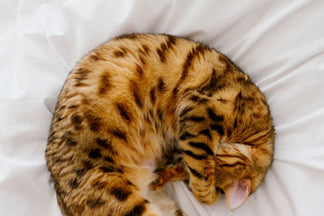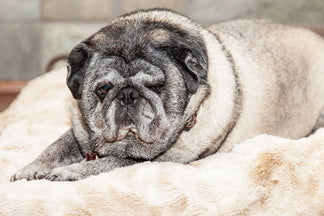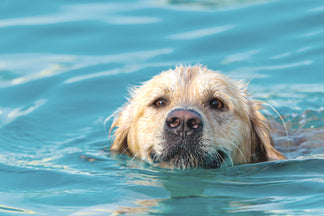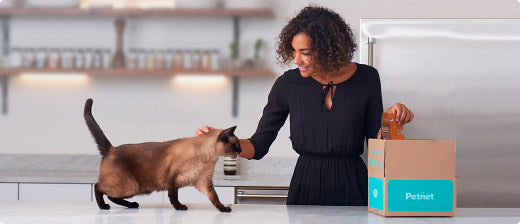March 16th-22nd was designated National Poison Prevention Week by Congress in 1961. Over the years it has expanded to the entire month of March, but it’s goal continues to focus on raising awareness of pet owners to the wide variety of poisons and toxic substances in their household, the dangers they present to their pets and what to do in case of emergency.
We all know how curious our dogs and cats can be. They also aren’t smart enough to understand that some items that their humans eat or that smell delicious can be toxic to them. It is our responsibility to be fully aware of the potential for harm and guard against it.
Household Products
Indoors, most of your household cleaners such as bleach, dishwashing soap, and other cleansers are toxic and should be contained inside a cupboard that your pets cannot access. Depending on the volume ingested, these items can result in mild stomach upset, or worst case the development of ulcers. Even items like dryer sheets, if ingested, can cause stomach upset or even blockage.
Other products such as rat or mouse traps, insect bait stations, weed killer and insecticides are all toxic for humans as well as pet. Ingestion of these can prove dangerous with severe stomach upset and even brain swelling, kidney failure and seizures resulting. Antifreeze is the worst offender as it is highly toxic and can be fatal for your pet.
Medications
You safeguard your medications from your children, and you must safeguard your pets as well. NSAIDs such as Advil and Alleve can harm your pet’s kidneys or cause stomach upset. Prescription medications for humans are not meant for pets and can cause serious damage. Be sure and keep your medications, even over-the-counter meds and dietary supplements and vitamins away from your pets.
Food
There are many foods that are dangerous for your pet to eat. We covered some in our special Thanksgiving post. The most common human food poisonings are from chocolate which contains theobromine and can be deadly, xylitol which is used as a sweetener in some candies or gum and raisins or grapes which may cause kidney damage.
Plants
Probably the most toxic plant to cats as well as dogs is the Lily plant which can cause kidney failure if ingested. Be sure and keep all plants in the Lily family out of your house or garden. The list of potentially toxic plants is too long to print here, but the ASPCA offers a comprehensive list on their website.
We only scratched the surface of items in and around your house that could be toxic to your pet. It’s up to you to educate yourself and guard against the possibility for ingestion of these items by your pet.
Pet owners must also know what to do in case of an accidental poisoning.
The Pet Poison Hotline is a toll-free line to call for advice if your pet has been poisoned. They also offer valuable information on their website including this key list of things to do if your dog or cat is poisoned:
- Remove your pet from the area.
- Check to make sure your pet is safe: breathing and acting normally.
- Do NOT give any home antidotes.
- Do NOT induce vomiting without consulting a vet or Pet Poison Helpline.
- Call Pet Poison Helpline at 800-213-6680.
- If veterinary attention is necessary, contact your veterinarian or emergency veterinary clinic immediately.
The ASPCA also offers a toll free number: ASPCA Animal Poison Control Center Phone Number: (888) 426-4435.
This month is the month to make yourself aware of these dangers and create a plan to address the situation if it should arise.
For a more comprehensive understanding and lists of toxins in and around your house:
Animal Poison Control: https://www.aspca.org/pet-care/animal-poison-control
Top Pet Toxins – National Poison Prevention Week https://www.morrisanimalinn.com/news/top-pet-toxins-national-poison-prevention-week/
A Guide to Pet Poison Prevention https://trupanion.com/pet-care/poison-prevention
Keeping Pets Safe: Poison Prevention Week http://www.petpoisonhelpline.com/uncategorized/keeping-pets-safe-poison-prevention-week/



 Health and Fitness
Health and Fitness
 Health and Fitness
Health and Fitness
 Health and Fitness
Health and Fitness
